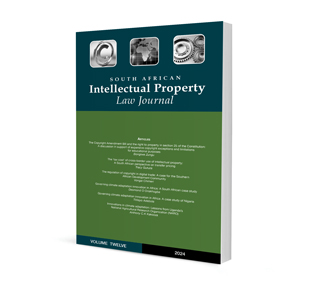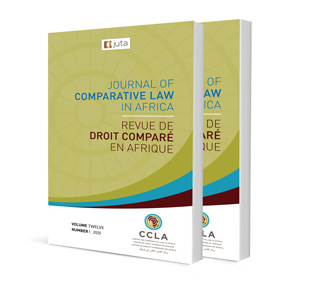
Opening the floodgates to untapped markets: IP and AfCFTA’s role in promoting the African start-up ecosystem

Opening the floodgates to untapped markets: IP and AfCFTA’s role in promoting the African start-up ecosystem
Author Andrew Mutua
ISSN: 2521-2591
Affiliations: Trainee Advocate, Munyao, Muthama and Kashindi (MMK) Advocates, Kenya
Source: South African Intellectual Property Law Journal, 2025, p. 139-157
https://doi.org/10.47348/SAIPL/v13/i2a7
Abstract
Africa’s start‑up ecosystem has become a defining feature of the continent’s innovation economy, yet its capacity to scale regionally is constrained by fragmented intellectual property regimes and uneven enforcement. Intellectual property (IP) is the foundation upon which ideas are secured, commercialised, and transformed into competitive advantage. The African Continental Free Trade Area (AfCFTA), through its emerging IP Protocol, offers a structural opportunity to embed IP into the architecture of continental integration, positioning it as a developmental currency rather than a technical afterthought.
This paper examines the current state of IP in Africa, tracing challenges of duplication, prohibitive registration costs, and weak institutional capacity, while analysing how AfCFTA can harmonise substantive law, streamline procedures, and embed enforceability. It argues that a robust IP framework under AfCFTA is indispensable for building a resilient start‑up ecosystem across the continent. Once secured, these innovations naturally diffuse into SMEs and MSMEs, broadening participation in regional value chains and ensuring that the benefits of start‑up dynamism extend beyond Tier 1 economies into Tier 2 and 3 markets.
The analysis concludes that the strength of Africa’s innovation economy will depend on how effectively the IP lifecycle, pre‑registration safeguards, registration processes, recognition of priority dates, and enforceable terms of protection is contextualised within AfCFTA’s framework. By embedding these stages into continental practice, Africa can provide clarity and certainty for founders, reduce risks of appropriation, and create pathways for scaling ideas into enterprises. A robust IP regime under AfCFTA thus ensures that start‑ups become engines of inclusive growth and sustainable integration.
